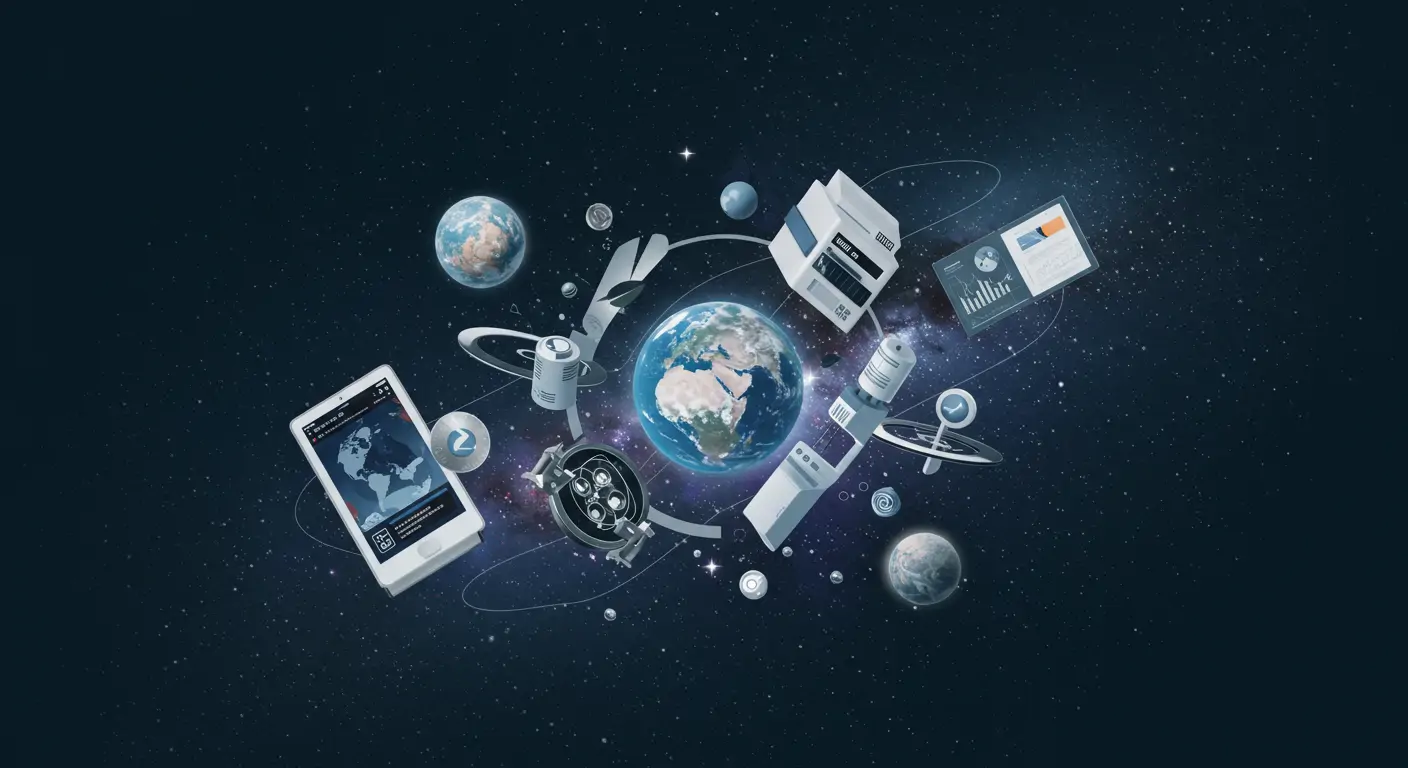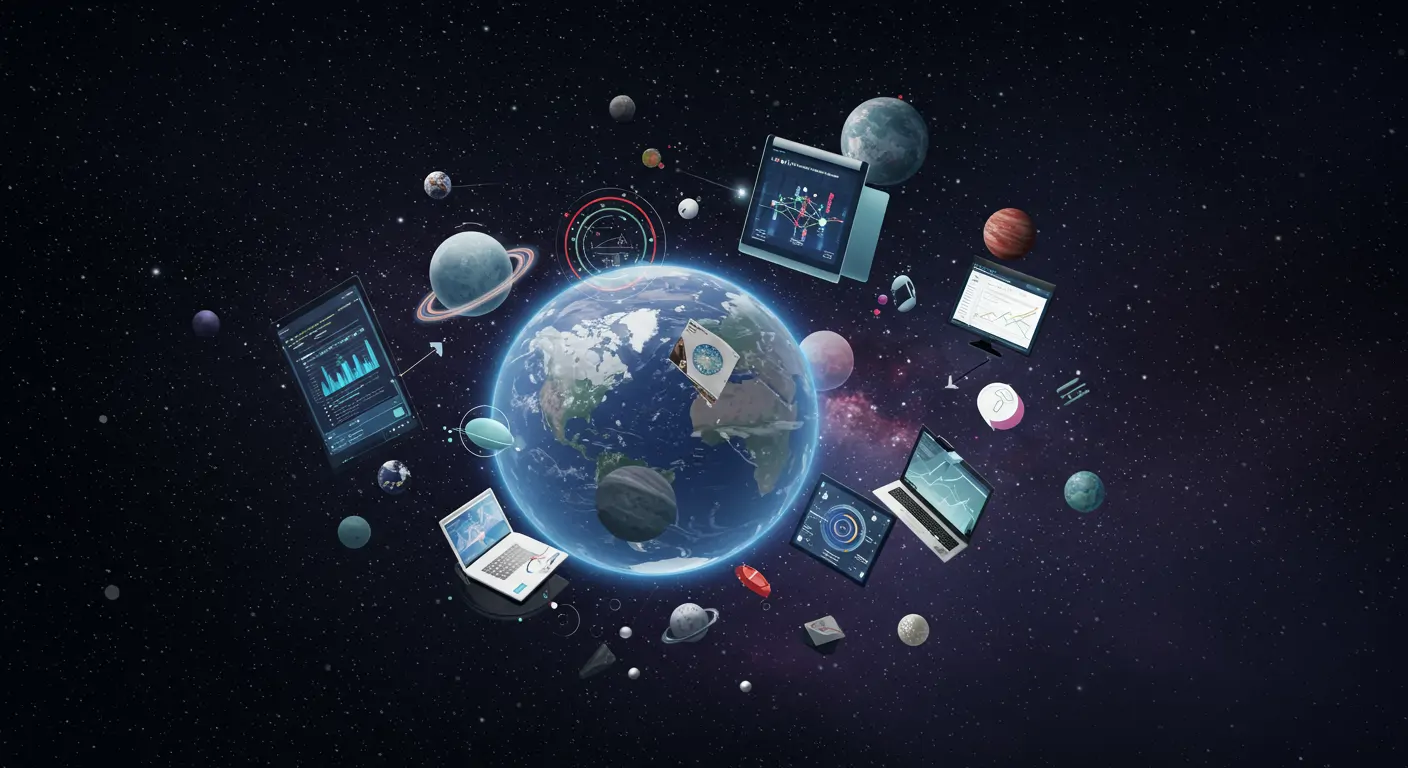Introduction: Why This Matters Now
In 2025, AI-powered ethical frameworks have become central to tech governance, addressing transparency and accountability in AI systems. A recent Gartner report highlights that 78% of Fortune 500 companies have integrated such frameworks, indicating a shift towards ethical compliance. This trend is poised to redefine operational norms, impacting developers, businesses, and policymakers alike. Estimated read time: 15 minutes.
Key Drivers: What's Fueling This Trend
Driver 1: Regulatory Pressure
Increased regulatory scrutiny, such as the EU's AI Act, mandates ethical compliance in AI applications, with penalties for non-conformity escalating to €20M in 2024.
Driver 2: Consumer Demand for Transparency
49% of consumers in a 2024 PwC survey expressed willingness to discontinue services from companies lacking AI transparency, compelling businesses to adopt ethical guidelines.
Driver 3: Advancements in AI Technology
AI advancements, particularly in explainability and fairness, have enabled the development of sophisticated ethical frameworks that can be integrated with existing systems.
Real-World Impact & Case Studies
Case Study 1: IBM
- Implemented an AI ethics board in 2024
- Reduced bias in recruitment algorithms by 30%
- Lesson: Cross-functional teams enhance ethical oversight.
Case Study 2: Microsoft
- Launched Project Turing in January 2025
- Achieved 15% increase in AI transparency metrics
- Lesson: Transparent data practices boost consumer trust.
Challenges & Criticisms
Critics argue that ethical frameworks may stifle innovation, citing a 2024 MIT study where 43% of developers felt constrained. Furthermore, the risk of 'ethics washing', where companies superficially adopt ethical guidelines without genuine implementation, remains a concern.
Future Outlook: What's Next
In the next 6-12 months, expect stricter AI legislation globally, with more countries adopting frameworks akin to the EU's AI Act. Long-term, businesses might pivot towards AI ethics as a competitive differentiator. Key milestones include the 2026 UN AI Ethics Summit and major tech conferences emphasizing ethical AI.
Conclusion: Key Takeaways
- AI ethical frameworks are becoming mandatory for compliance and consumer trust.
- Regulatory pressures are significant drivers of this trend.
- Companies successfully implementing ethics see measurable benefits in transparency and bias reduction.
- Prepare for further international regulatory developments in 2025 and beyond.
For further learning, consider exploring courses on AI ethics offered by platforms like Coursera and edX.




